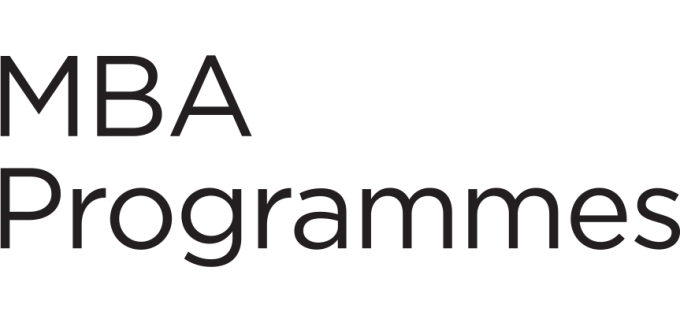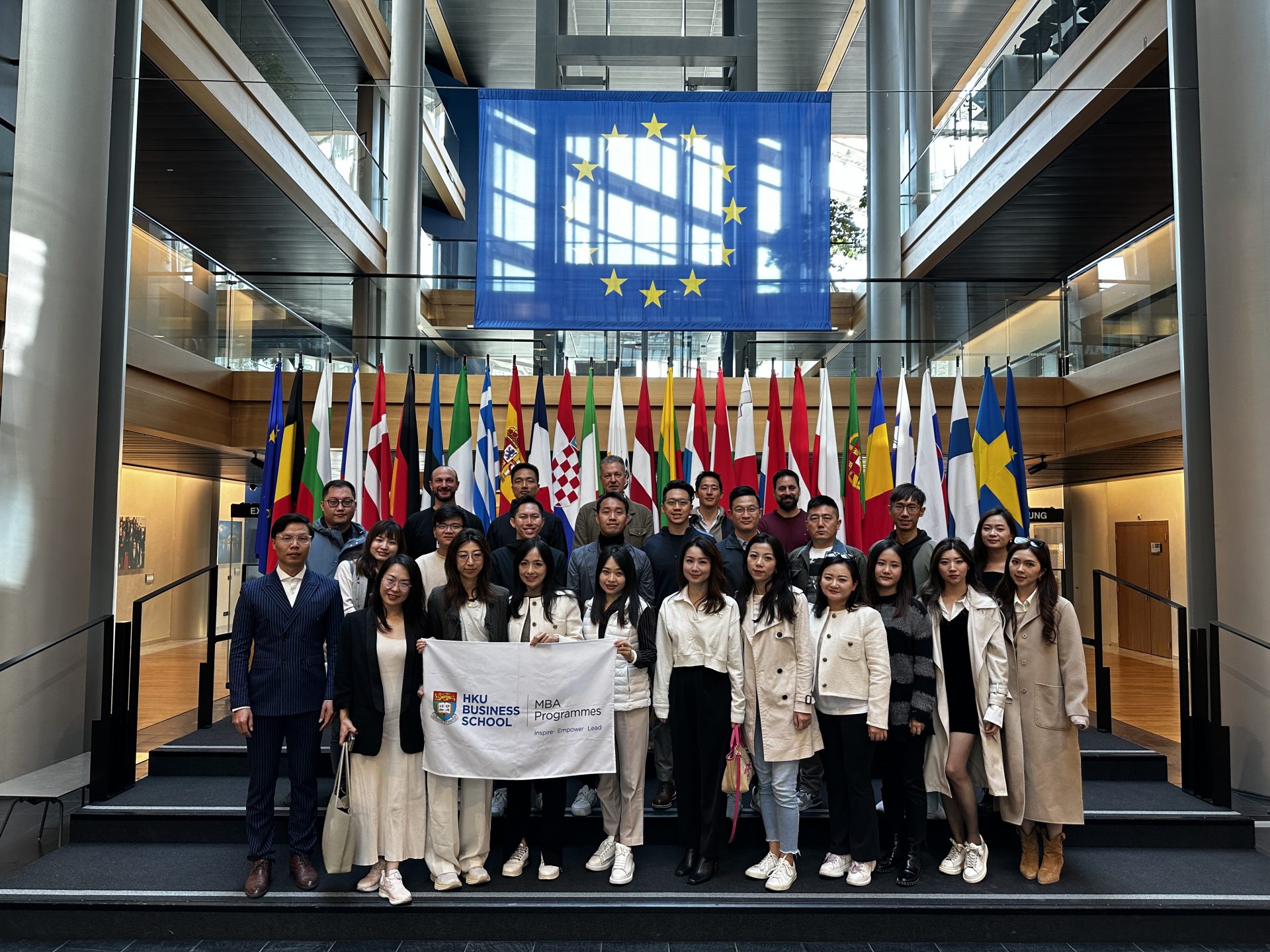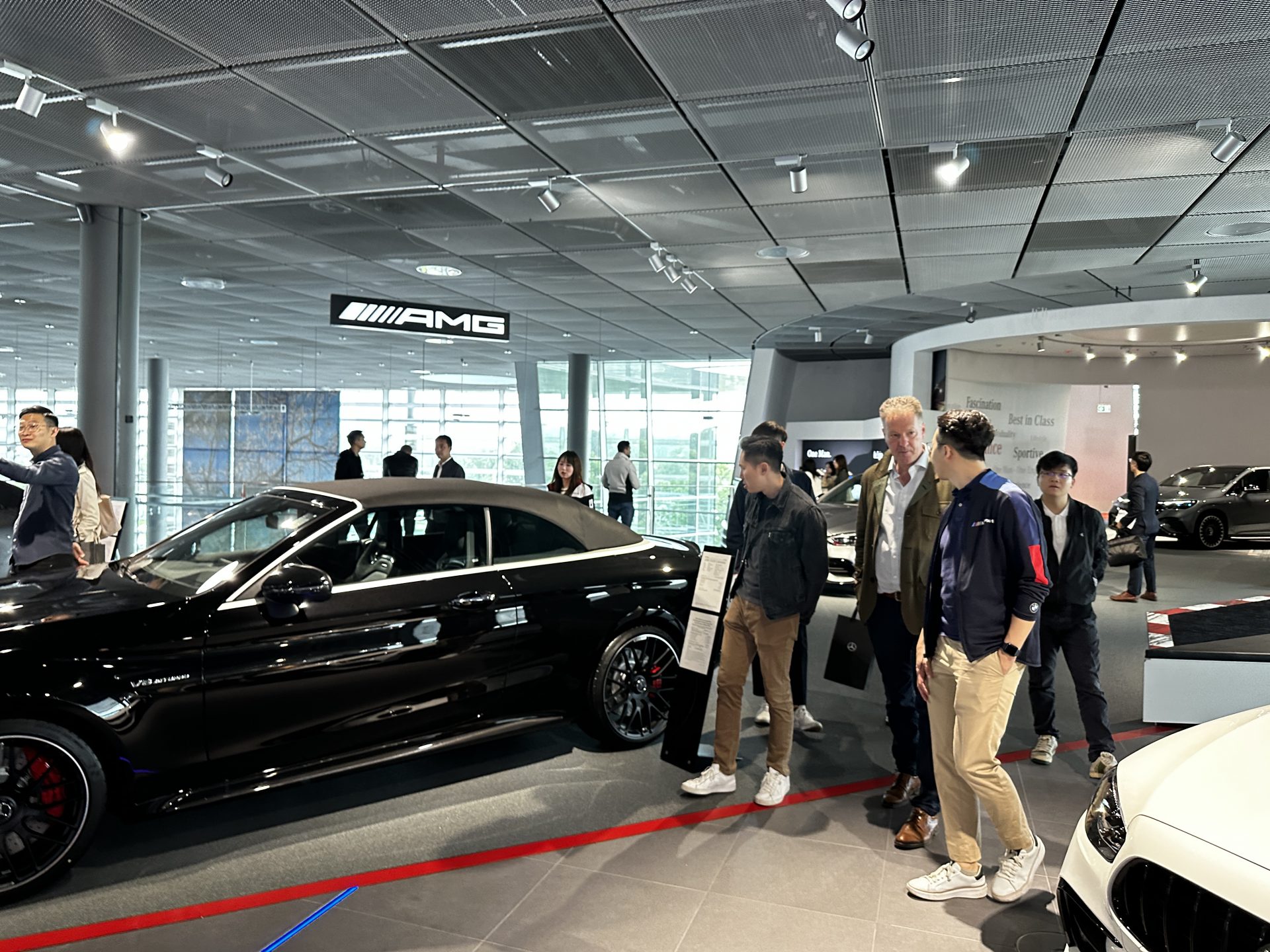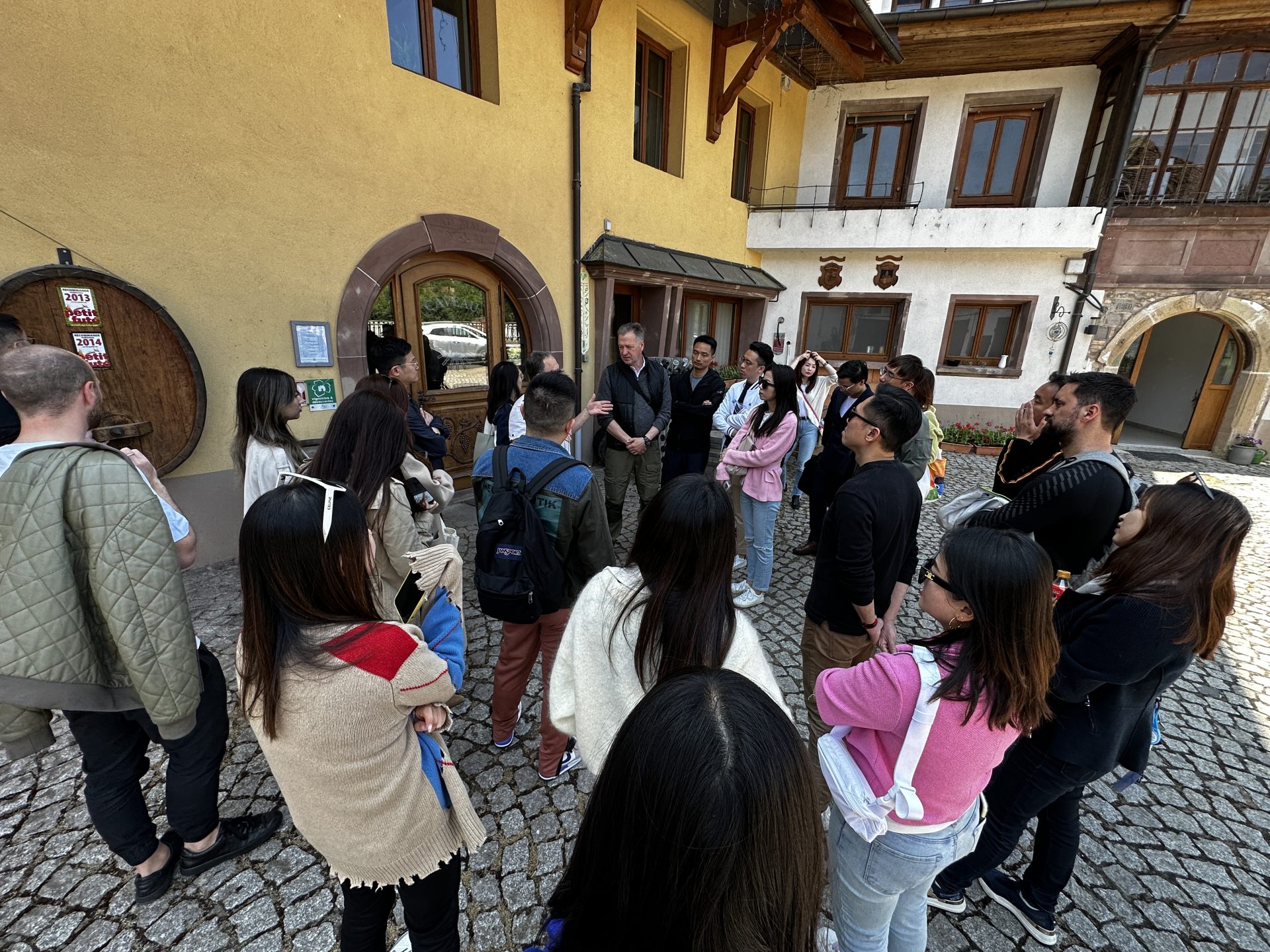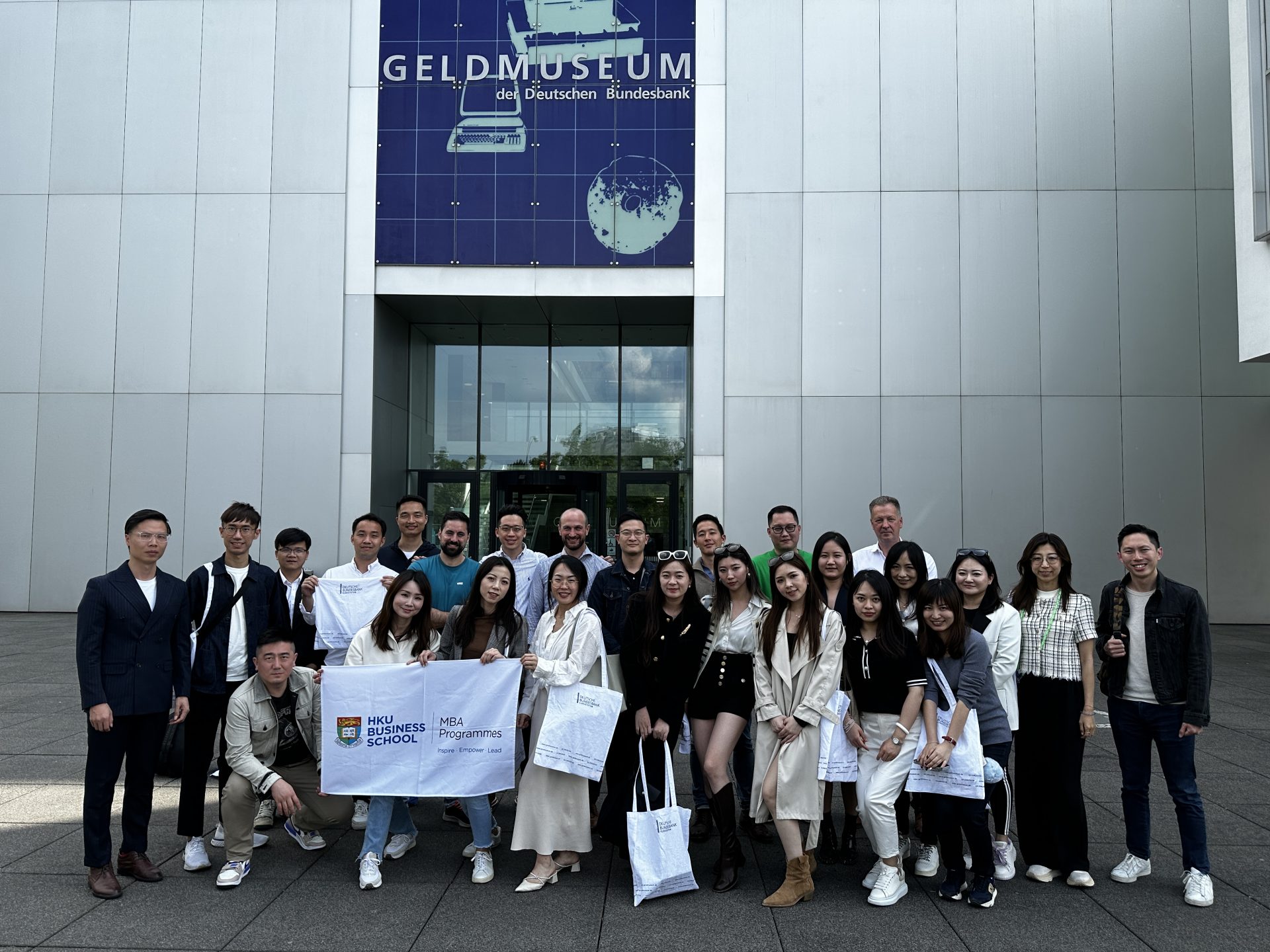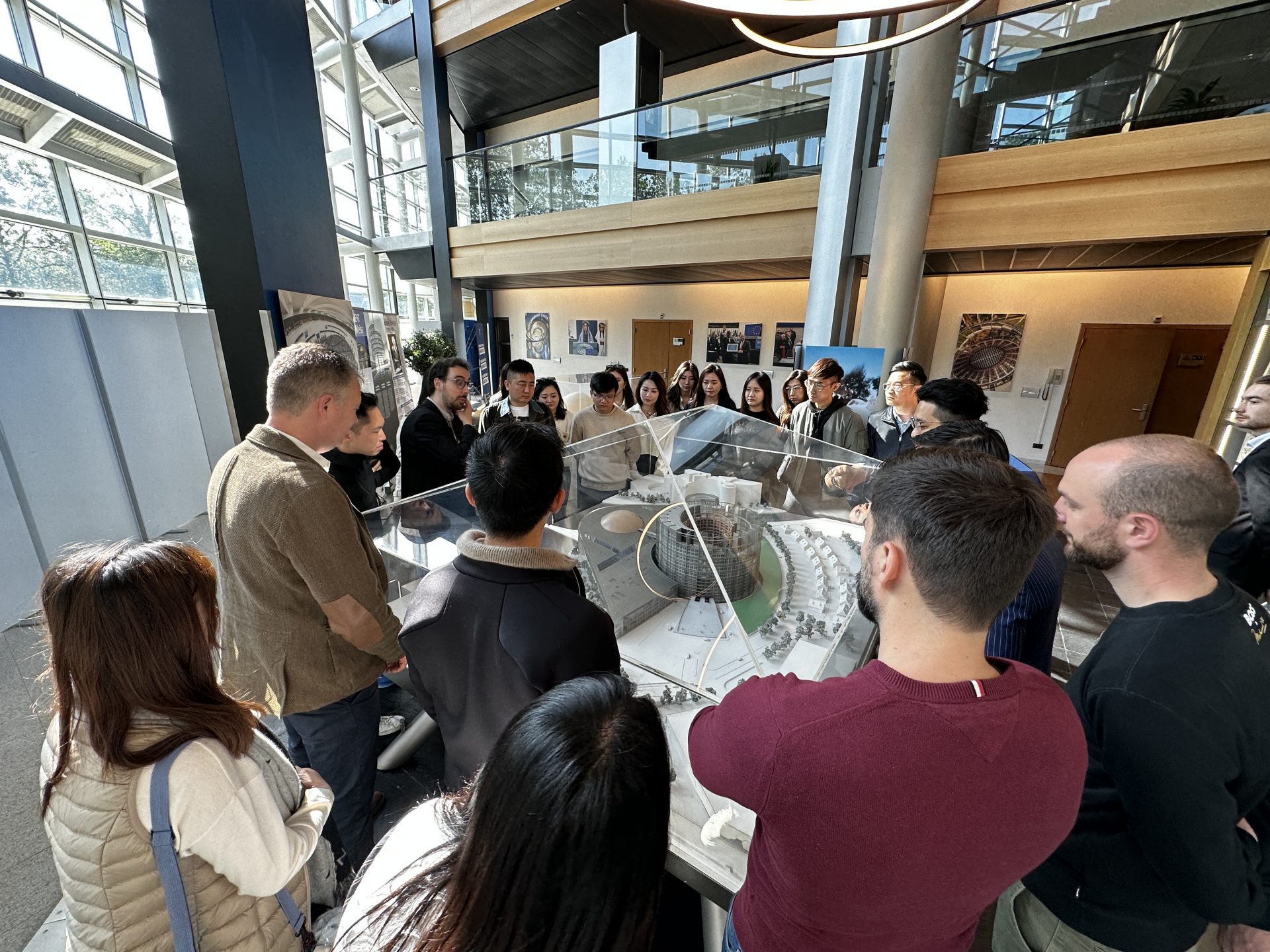Knowledge Exchange

Exploring Global Business: An MBA International Field Trip to Germany
Exploring a world beyond the four walls of the classroom has always been a magnet for my intellectual curiosity. Participating in an international field trip provides an exceptional opportunity to delve into various facets of global business practices, cultural diversities, socio-economic policies, and innovative technologies. Moreover, it offers a rich learning platform to understand how learned theories intersect with real-world complexities. Consequently, when the prospect of an international field trip to Germany emerged, I was instantly drawn to it. As I document my experiences in response to a set of thoughtful questions, I hope to encapsulate the breadth and depth of my learnings, fostering a fruitful exchange of ideas and knowledge within our MBA community.
1. What motivated you to join the international field trip to Germany?
Joining the international field trip to Germany was driven by an amalgamation of personal and professional motivations. On a personal level, the prospect of immersing myself in a new culture, exploring historical landmarks, and absorbing the vibrancy of German life was truly enticing. From a professional perspective, Germany, with its robust economy, innovative business landscape, and influential role in the European Union, represented a fascinating microcosm of the global business environment. My curiosity was piqued by the potential of understanding the dynamics that drive German industries, the strategies adopted by their leading companies, and their responses to global challenges such as climate change and digital transformation. The field trip, with its blend of company visits, academic interactions, and cultural tours, offered an exclusive window into these aspects.
Moreover, I was drawn to the hands-on learning experience that such a trip promises. As an MBA student, much of my knowledge is rooted in case studies, classroom discussions, and theoretical models. While these are crucial in building a strong foundation, the opportunity to see theories come alive through practical examples and real-world applications presented a unique learning dimension. Germany’s diverse industry sectors, from automobile manufacturing to chemical production and the service industry, promised a wide spectrum of learning opportunities, making the field trip an offer too valuable to pass up.
2. How did the trip enhance your networking opportunities, and what connections did you make that you believe will be valuable for your future career?
The field trip served as a significant accelerator for expanding my professional network. It was a melting pot of diverse professions, cultures, and academic backgrounds. By interacting with corporate leaders, local entrepreneurs, scholars, and even fellow students, I could tap into a wide array of perspectives, fostering my ability to comprehend and analyze complex business issues.
For instance, the sessions with industry professionals from Mercedes-Benz and BASF offered unique insights into their respective industries. The discussions revolving around sustainability, digital transformation, and market dynamics in these sessions were deeply enriching. In addition, the interactions helped in building professional relationships that could potentially open doors for future collaborations or job opportunities.
On a similar note, the visits to educational institutions such as Hochschule Fresenius Wiesbaden and collaborative workspaces like Heimathafen allowed me to engage with academicians, aspiring entrepreneurs, and innovative minds. Such interactions provided a glimpse into the vibrant start-up culture in Germany, the nurturing of new ideas, and the intersection of academia and industry, which are valuable as I aspire to venture into entrepreneurial roles in the future.
Furthermore, networking wasn’t limited to formal settings. Informal interactions with peers, tour guides, and local inhabitants also added to the richness of my networking experience, widening my cultural understanding and fostering personal relationships.
3. Which company or organization that you visited during the trip left a strong impression on you?
Among the several organizations visited, the Mercedes-Benz Museum and subsequent interactions with professionals from Mercedes-Benz left a particularly strong impression on me. The experience was like taking a journey through history, tracing the evolution of automobiles, and understanding the role Mercedes-Benz played in shaping this narrative. The museum itself was a testament to the company’s innovative spirit and commitment to excellence, but it was the interaction with the industry professionals that made the visit profoundly impactful.
During the interaction, we delved into the challenges and opportunities the company faces in today’s dynamic, technology-driven market. Mercedes-Benz is not just navigating the transition towards electric vehicles but is doing so while maintaining a strong commitment to sustainability and social responsibility. The company’s approach to these issues underscored the importance of businesses to be proactive in embracing change and balancing profitability with responsibility towards the environment and society. Furthermore, it provided valuable insights into how a leading global brand maintains its competitiveness while staying true to its values and commitments.
4. What are your biggest takeaways from the trip?
The trip was a treasure trove of learnings, but a few key takeaways resonate deeply with me. The foremost is the reaffirmation of the importance of context in business decisions. Every organization we visited exhibited strategies that were intricately tied to their socio-economic environment, industry specifics, and cultural nuances. This emphasized the need for business leaders to have an in-depth understanding of the context in which they operate, as it profoundly shapes the decisions they make.
The second major takeaway was the significance of innovation and sustainability in shaping the future of businesses. Across sectors, whether it was Mercedes-Benz in the automobile industry or BASF in the chemical industry, the commitment to innovation and sustainability was a common thread. This underscored the fact that businesses that aspire to lead in the future must place these two elements at the core of their strategy.
Lastly, the field trip highlighted the value of global exposure and interdisciplinary knowledge in addressing complex business challenges. Be it understanding the economic implications of EU policies, the role of culture in shaping consumer behavior, or the influence of technology in transforming industries, a broad-based perspective was crucial. This reiterated the value of an MBA education in equipping future leaders with a wide-ranging and holistic view of business.
5. What advice would you give to future MBA students who are planning to participate in a field trip to maximize their learning and overall experience?
My advice to future MBA students considering an international field trip would be to approach it as more than just a trip. It’s a learning expedition that provides a rare opportunity to enrich your educational journey and expand your professional horizons. Therefore, make the most of it by being prepared, engaged, and reflective.
Start with preparing yourself for the trip. Gain a basic understanding of the country’s economic, political, and cultural context, and the industries you will be visiting. This will provide a solid foundation to comprehend and appreciate the experiences that unfold during the trip.
Once on the trip, engage actively. Participate in discussions, ask questions, interact with industry professionals, academic scholars, and fellow students. Each of these interactions offers an opportunity to broaden your perspective and deepen your understanding.
Lastly, reflect upon your experiences. Connect them with the theories and models you learned in your MBA program. Think about how these experiences might influence your career path, your leadership style, or your business decisions. Remember that the true value of the field trip lies not just in the immediate experiences but in the long-lasting insights and skills that you acquire.
Above all, remember that networking is not just about professional advancement. It’s about building relationships, understanding diverse perspectives, and learning from others. Be genuine in your interactions, and value the relationships you build. They might just open doors to opportunities that you hadn’t anticipated.
Conclusion
The international field trip to Germany was an enlightening journey, not just in terms of professional growth but personal development as well. The academic, cultural, and personal insights gained were immeasurable. It gave me a profound appreciation for the complexities of global business and the interconnectedness of industries and economies.
As I reflect upon my journey, I realize how it has enriched my MBA experience, adding depth and context to my classroom learning. The company visits, networking opportunities, and cultural experiences have left an indelible mark on me, shaping my perspective and approach towards my future career. I believe such field trips are integral to an MBA program, bridging the gap between theoretical knowledge and real-world application. I strongly encourage fellow students to embrace such opportunities. It’s a journey of learning, exploration, and self-discovery that truly complements our academic pursuits.
As I look forward to applying these insights to my studies and future career, I hope that sharing my experiences will inspire and assist others in their journey. The international field trip to Germany was not just a chapter in my MBA program but a steppingstone towards becoming a global business leader. I am grateful for this opportunity and excited about the path that lies ahead.


